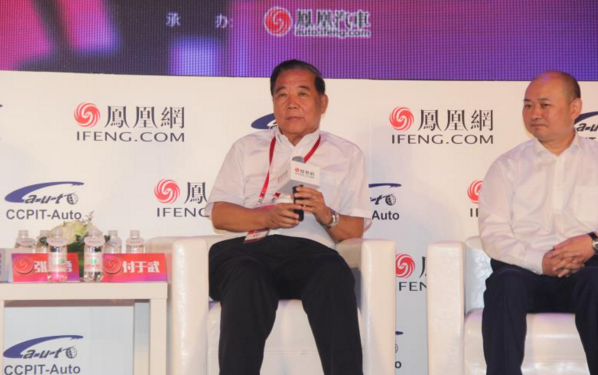China should be cautious in banning fossil fuel vehicles

Shanghai (ZXZC)- In order to meet the requirement of China’s dual-credit system, foreign carmakers choose to establish joint ventures with local auto brands. Up to now, three foreign companies have set up joint ventures to promote the production and development of new energy vehicles. They are Volkswagen with Jianghuai, Ford with Zoyte, and Renault-Nissan with Dongfeng. Consequently, there is a speculation that a joint-venture tide will come in the future.Besides, it is reported that China plans to allow foreign carmakers to set up wholly owned electric-vehicle businesses in its free-trade zones.
As to the above comments, Fu Yuwu, SAE-China Chief, said the joint-venture tide is the last thing he wants to see and he will strongly oppose this trend. In Mr. Fu’s opinion, even though our country is the largest new energy vehicle market in the world, the sales of this segment will only be 700,000 at most this year. It is not advisable to let the foreign companies to take away part of it. It is a pity for a market with such an extensive industrial base to be keen on establishing joint ventures.
“I strongly support the concept of diversification, like international cooperation. But there are many approaches to do this, such as the introduction of advanced technologies, absorption and innovation of technologies, technical cooperation. So why should we set up joint ventures?"
Fu Yuwu was also surprised at the news that our country is mulling over banning production and sales of fossil fuel cars. Fu said the government should take much more cautious attitude towards this issue. “We should handle things in a scientific way and respect market rules and we shouldn’t follow other countries blindly.
China’s auto industry development strategy should be in accordance with the country’s energy strategy and diversification is also the main feature of energy strategy. “If we mistake electrification for new energy, I think the guidance is not complete."
Mr. Fu has his own companions. Xiang xingchu, general manager of Jianghuai Automotive, also opposed the banning. “I think the decision should be made on much more accurate judgment. We should make more assessment.”
Zhao Fuquan, Director of Tsinghua Automotive Strategy Research Institute at Tsinghua University, also thought that, at present, it is not suitable to ban the production of traditional vehicles. “For a long time, we have to resort to fossil fuel vehicles to make money and solve the employment problem. After 20 years’ efforts, local brands can finally make engines and gearboxes which are better than joint ventures’ products. It would be a great loss if we give up now. In addition, traditional engines have great development space in fuel consumption and emission.”
As to the new energy power, both Mr. Fu and Mr. Xiang prefer hybrid power.

